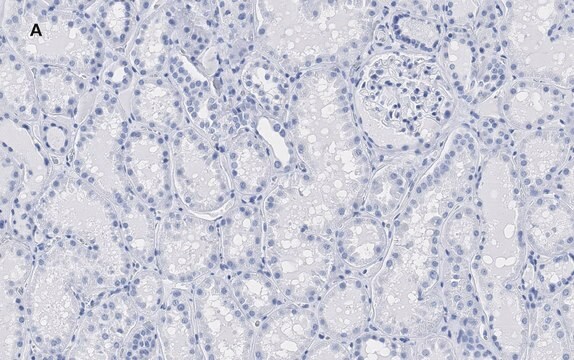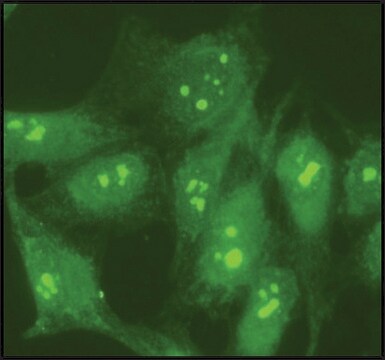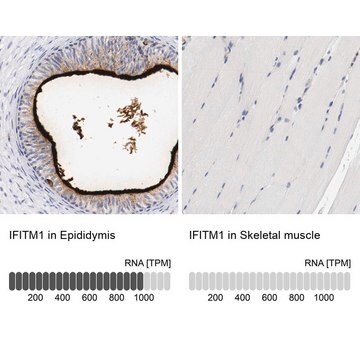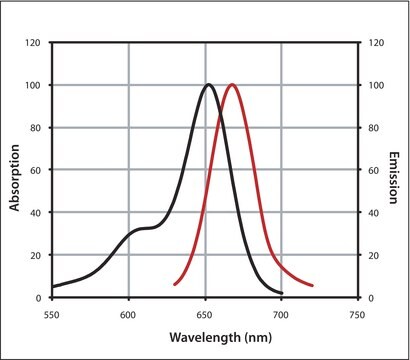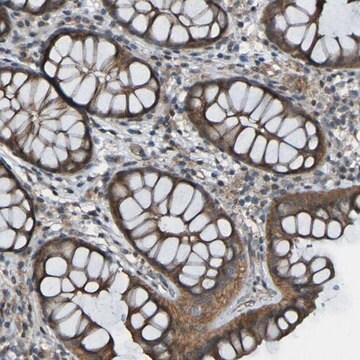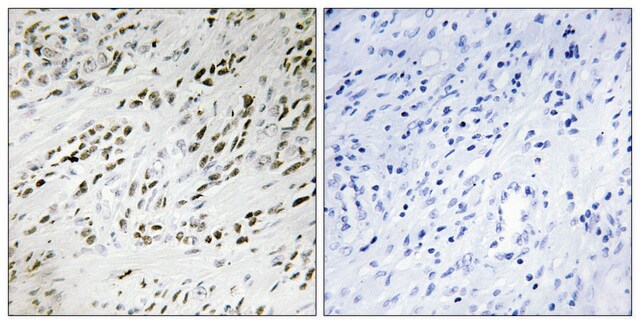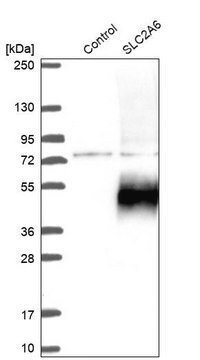MAB1277-I
Anti-Nucleoli Antibody, clone 125-10
About This Item
Productos recomendados
origen biológico
mouse
Nivel de calidad
conjugado
unconjugated
forma del anticuerpo
purified antibody
tipo de anticuerpo
primary antibodies, primary antibodies
clon
125-10, monoclonal
purificado por
using protein G
reactividad de especies
human
envase
antibody small pack of 100 μg
técnicas
immunocytochemistry: suitable
immunofluorescence: suitable
isotipo
IgG1κ
secuencia del epítopo
Unknown
Condiciones de envío
dry ice
modificación del objetivo postraduccional
unmodified
Descripción general
Especificidad
Inmunógeno
Aplicación
Evaluated by Immunocytochemistry in A431 cells.
Immunocytochemistry Analysis: A 1:1,000 dilution of this antibody detected Nucleoli in A431 cells.
Tested Applications
Immunocytochemistry Analysis: A representative lot detected Nucleoli in Immunocytochemistry applications (Endo, A., et al. (2009). J Biol Chem. 284(41):27918-27923; Endo, A., et al. (2009). J Cell Sci. 122(Pt 5):678-86).
Immunofluorescence Analysis: A representative lot detected Nucleoli in Immunofluorescence applications (Clements, D., et al. (2007). Am J Physiol Lung Cell Mol Physiol. 292(1):L258-66; Vallee, D., et al. (2004). J Med Genet. 41(10):778-83; Ohno, M., et al. (2002). Chromosoma. 111(3):201-13).
Note: Actual optimal working dilutions must be determined by end user as specimens, and experimental conditions may vary with the end user
Forma física
Almacenamiento y estabilidad
Otras notas
Cláusula de descargo de responsabilidad
Código de clase de almacenamiento
12 - Non Combustible Liquids
Clase de riesgo para el agua (WGK)
WGK 2
Punto de inflamabilidad (°F)
Not applicable
Punto de inflamabilidad (°C)
Not applicable
Certificados de análisis (COA)
Busque Certificados de análisis (COA) introduciendo el número de lote del producto. Los números de lote se encuentran en la etiqueta del producto después de las palabras «Lot» o «Batch»
¿Ya tiene este producto?
Encuentre la documentación para los productos que ha comprado recientemente en la Biblioteca de documentos.
Nuestro equipo de científicos tiene experiencia en todas las áreas de investigación: Ciencias de la vida, Ciencia de los materiales, Síntesis química, Cromatografía, Analítica y muchas otras.
Póngase en contacto con el Servicio técnico
